“Audit” doesn’t have to be a scary word. Especially when it comes to your workers’ compensation insurance. At Muir Insurance Group, we believe audits are a chance to make sure you’re covered accurately—and not overpaying. In this guide, we’ll walk you through what to expect, how to prepare, and how to avoid common mistakes.
What Is a Workers’ Compensation Audit?
When your workers’ comp policy starts, your premium is based on estimated payroll and employee classifications. At the end of the policy period, your insurance company conducts an audit to compare what you projected with your actual figures.
Why it matters:
- You may receive a refund or credit if you overestimated.
- You might owe an additional premium if your payroll or risk exposure increased.
- It keeps your coverage compliant with state regulations.
When Does the Audit Happen?
Most audits occur shortly after your policy expires or renews. Depending on your business size and industry, it may be conducted:
- In person
- Over the phone
- Through a secure online portal
- Via a mailed audit form
Pro Tip: Don’t panic when you receive an audit notice. Think of it as your annual coverage check-up.
What Will the Auditor Ask For?
To complete the audit, you’ll typically need to provide:
- Payroll reports (W-2s, 1099s, pay summaries)
- Federal & state tax forms (941s, state unemployment)
- Certificates of insurance for subcontractors
- General ledger or financial statements
- Employee job descriptions or department summaries
- Bonus, commission, and overtime breakdowns
Staying organized throughout the year can make this process quick and painless.
Common Mistakes to Avoid
Avoiding these errors can save you from costly audit surprises:
| Mistake | Why It’s a Problem |
|---|---|
| Misclassifying employee roles | Different job duties carry different premium rates |
| Missing subcontractor COIs | You may be charged for uninsured subcontractors’ payroll |
| Forgetting overtime exclusions | Only base pay counts for workers’ comp premiums |
| Guessing payroll numbers | Auditors rely on exact figures, not estimates |
Need help determining class codes or clarifying requirements? We’ve got you covered.
How to Prepare for Your Audit
Preparing for your audit doesn’t need to be time-consuming. Here’s how to stay ready:
✅ Track payroll by employee role (especially if staff wear multiple hats)
✅ Keep subcontractor insurance certificates on file—and up to date
✅ Separate bonuses, commissions, and OT from base wages
✅ Double-check your class codes with your insurance agent
✅ Contact Muir Insurance Group with any questions ahead of time
Why Working With an Independent Agency Matters
At Muir Insurance Group, we don’t just sell you a policy—we support you at every step.
During audit season, we’ll:
- Help you gather the right documents
- Communicate directly with auditors
- Review classification codes for accuracy
- Assist in disputing incorrect findings
We advocate for your business—before, during, and after the audit.
Final Thoughts
Workers’ comp audits are a standard part of having a policy—but they don’t have to be a source of stress. With the right preparation and the right partner, you can ensure your business stays protected, compliant, and financially aligned.
📞 Need help preparing for an upcoming audit or reviewing your current policy?
Reach out to the team at Muir Insurance Group—we’re here to make the process clear and hassle-free.
